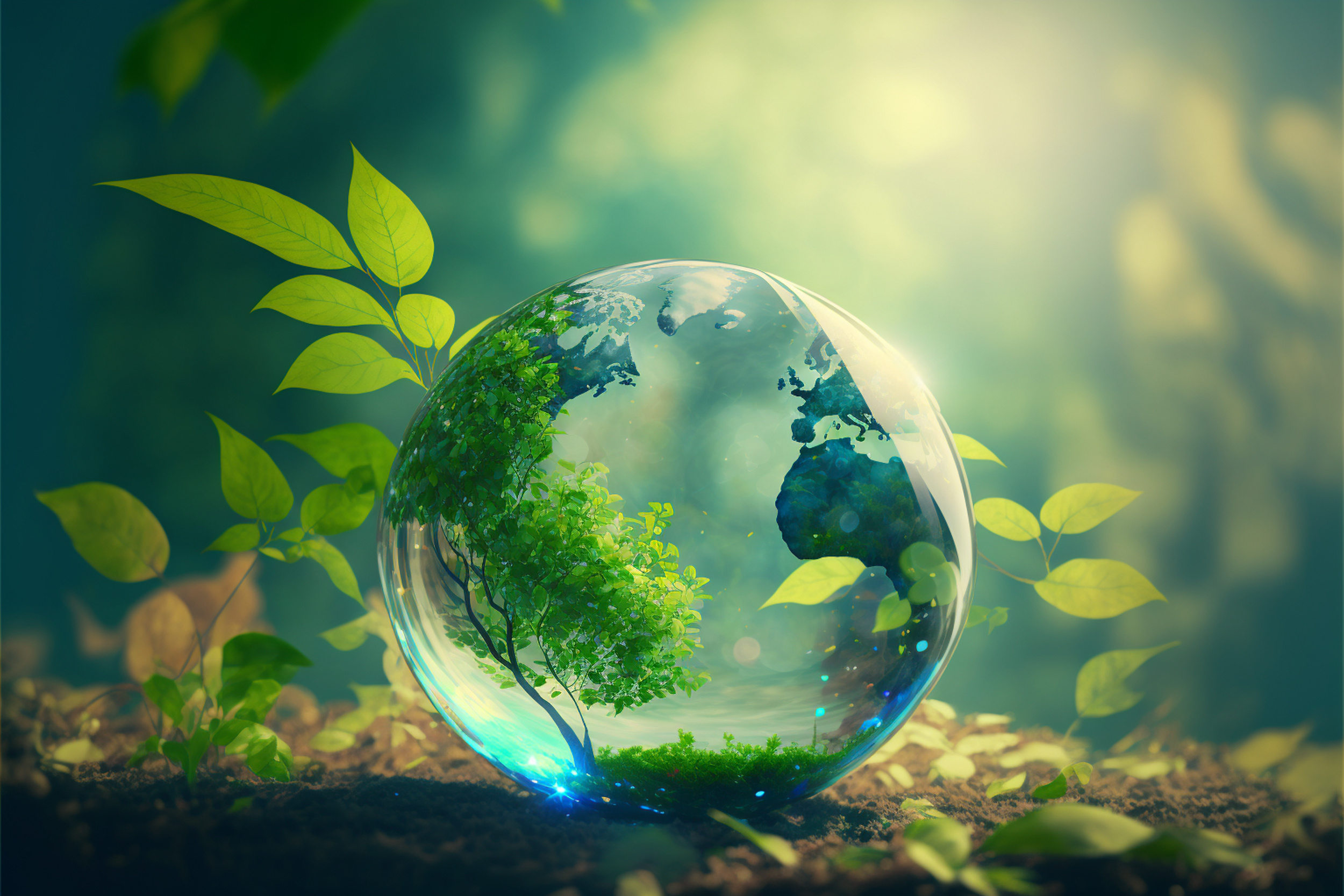
Water is essential to all life. We use it in our bodies to carry out cellular processes, in our land to grow food and raise livestock, and externally to keep ourselves and our surroundings sanitary. People lucky enough to live in a water-rich region are so accustomed to having water at arms reach 24/7 they often fail to see its unique value and lasting advantages. From agriculture and manufacturing to electricity and transportation, we need water for everything. So much so that steady access to clean, potable water can determine the prosperity of a community by facilitating gender equality, creating jobs, improving health, generating food, and allowing its members time to gain an education.
Yet, despite the seemingly endlessness of our oceans, lakes, and rivers, water is a limited resource. While water covers approximately 71% of the Earth's surface, only about 3% is fresh. To make matters worse, about 2.5% of this freshwater is trapped in glaciers, and polar ice caps, are too polluted or are far too deep below the surface to be accessed economically. This leaves only .5% of the Earth's water as fresh and available for human use and consumption. With water demand only rising worldwide, we must take a step back and analyze the long-term impact of our actions.
The United Nations 2023 World Water Day campaign is all about taking action and accelerating change to solve the water and sanitation crisis. Being aware of the problems associated with water is not enough. There needs to be a conscious and active change in your activities. Participating in this means increasing your awareness of the water intensity of the products you consume and the habits you form. Then, make adjustments to ensure you use the least amount of water possible. Everything from the clothes you buy and the food you eat to the transportation and appliances you use needs to be taken into consideration.
We understand knowing where to start can seem overwhelming at first. But there is no need to worry. We have you covered. Here are three easy ways you can take action to tackle the water and sanitation crisis.
Use less energy
You might not think of water use when you turn your lights on. However, the power plants responsible for powering your home often require extreme amounts of water for mechanical power and cooling. So, turn off the lights when you leave an empty room, unplug your appliances when not in use, and opt for more energy-efficient appliances. These will all allow you to save valuable gallons of water.
Eat and drink responsibly.
The agriculture industry is responsible for 70% of global water consumption. Additionally, deforestation, fertilizer and pesticide pollution, and carbon emissions from livestock all complicate our ability to access our water resources. For these reasons, being conscious of the types of products you buy by ensuring sustainable practices are being used to produce the products you consume can make a massive difference regarding your impact on the world's water resources.
Reduce contamination and pollution.
Highly polluting products like industrial chemicals, soaps, and agricultural waste can make water in nearby regions unsafe for human consumption. This can cause severe health problems for people worldwide, although most often in rural and low-income communities, and further exacerbate the existing difficulties in accessing clean water. By reducing your consumption of industrial products and supporting companies that produce products through sustainable and ecologically friendly practices, you can help ensure the available water stays clean and safe for everyone.
Conserve water
The easiest way to help combat the water and sanitation problem is to conserve water at home. Adjusting your habits by turning off the faucet while you brush your teeth and filling buckets with water in the shower while you wait for the water to heat up can make a huge difference.
Smart Energy Education is proud to celebrate World Water Day in 2023. Visit our website here, as well as Watt Watchers and Resourcefulness, to learn more about energy resources, energy careers, and more! And don't forget to follow us on Facebook.
We'd love to help answer any questions and help you get started! Drop us a line and we'll get back to you as soon as we can.
Watt Watchers of Texas
204 E. Dean Keeton Street, Austin, Texas 78712
contact@watt-watchers.com
Nos encantaría contestarle cualquier pregunta que tenga y ayudarle empezar! Envíenos un mensaje y nos pondremos en contacto con usted lo antes posible.
Watt Watchers de Texas
204 E. Dean Keeton Street, Austin, Texas 78712
contact@watt-watchers.com